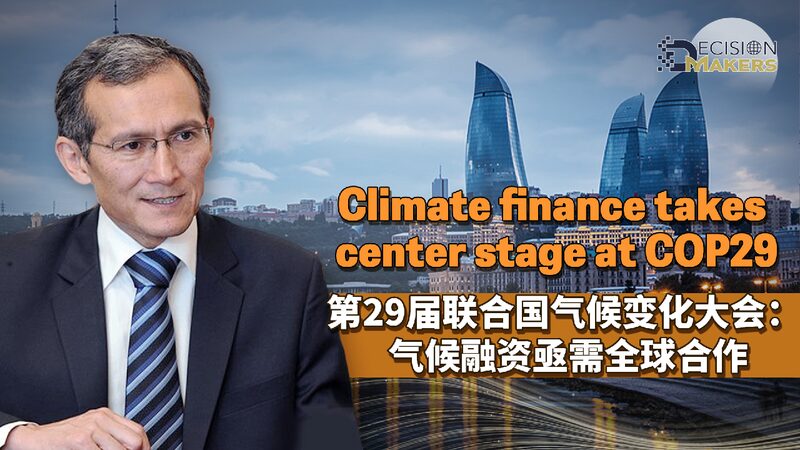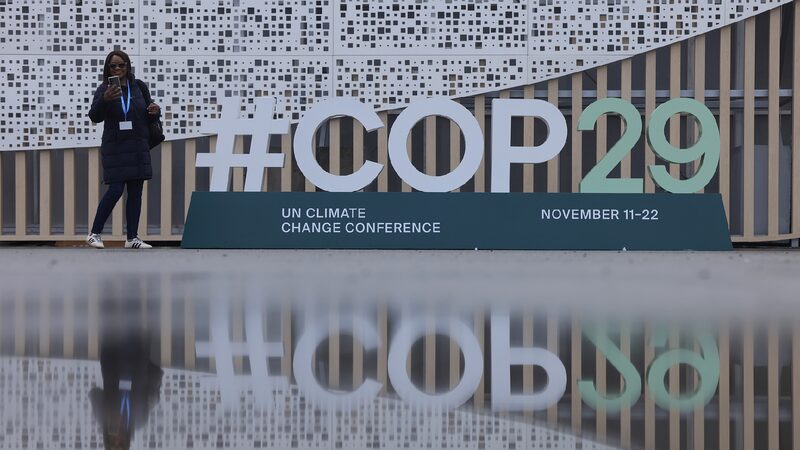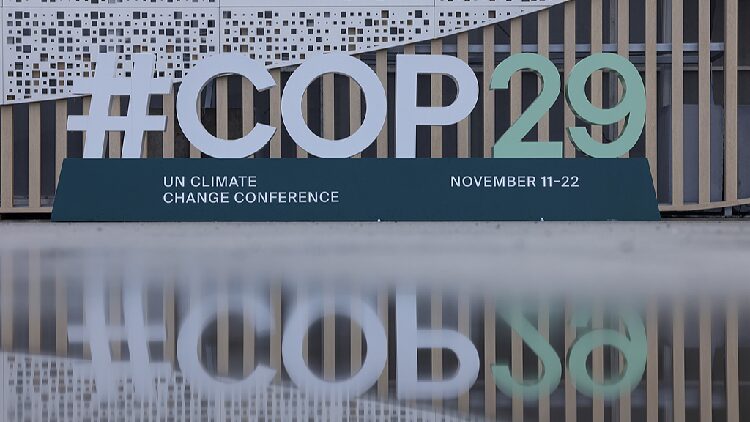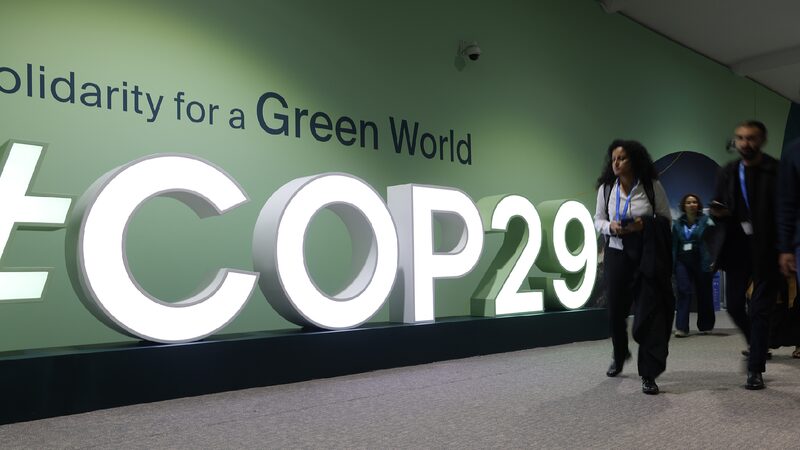Climate finance is taking center stage at the 29th Conference of the Parties (COP29) to the United Nations Framework Convention on Climate Change, which kicked off on November 11 in Baku, Azerbaijan. Countries from around the world have gathered to develop ambitious strategies to limit global warming to 1.5 degrees Celsius by the end of the century.
Nearly 30 years after the first COP in Berlin, the urgent need to combat climate change is more pressing than ever. This year, the focus is on finding new sources of funding to accelerate the shift toward renewable energy and reduce carbon emissions.
Boosting National Commitments
Participants at COP29 are expected to expand their nationally determined contributions (NDCs) to cut carbon emissions. Countries are encouraged to submit updated plans by 2025, highlighting a gradual phase-out of fossil fuels and an increase in renewable energy use.
Azerbaijan, as the host nation, is urging all countries to develop and approve their national adaptation plans by next year. Increasing funding for these plans is crucial to address the impacts of climate change effectively.
Introducing the Climate Finance Action Fund
One of the major initiatives expected to be approved at COP29 is the establishment of the Climate Finance Action Fund (CFAF) based in Baku. This fund aims to receive an initial contribution of $1 billion from fossil fuel-producing countries and companies. Its primary goal is to invest in renewable energy projects and support climate initiatives in developing nations, with any profits reinvested into further projects.
The Urgency of Climate Action
Global carbon dioxide emissions are projected to peak soon, but current efforts to reduce emissions are behind schedule. Without significant reductions, the planet’s average temperature could rise by 2.4 degrees Celsius by the end of the century, leading to devastating consequences.
Achieving critical energy targets—such as tripling global renewable energy capacity and doubling energy efficiency by 2030—could significantly reduce the emissions gap. Under the Paris Agreement, governments need to set a new climate finance target, known as the New Collective Quantified Goal, by 2025. This goal is anticipated to be approved during COP29.
Investment in Renewables on the Rise
Despite challenges, investment in renewable energy continues to grow. This year, global energy investment is expected to exceed $3 trillion for the first time, with about $2 trillion allocated to clean technologies like renewables, electric vehicles, and energy efficiency. Notably, investment in solar power is set to surpass all other electricity generation technologies combined, reaching $500 billion.
China leads the way with an estimated $675 billion investment in clean energy this year, followed by Europe and the United States. However, many emerging economies, especially in the Global South, are underfunded in their transition to clean energy due to high capital costs and limited access to financing.
Need for Global Cooperation
The significant disparities in international capital flows highlight the necessity of strengthening global cooperation. To achieve balanced renewable energy development, it’s essential to support developing countries in accessing the funds needed for their green transitions.
COP29 represents a pivotal moment for nations to come together and commit to actionable solutions. By focusing on climate finance and collaborative efforts, there’s hope to steer the planet toward a more sustainable and equitable future.
Reference(s):
cgtn.com








